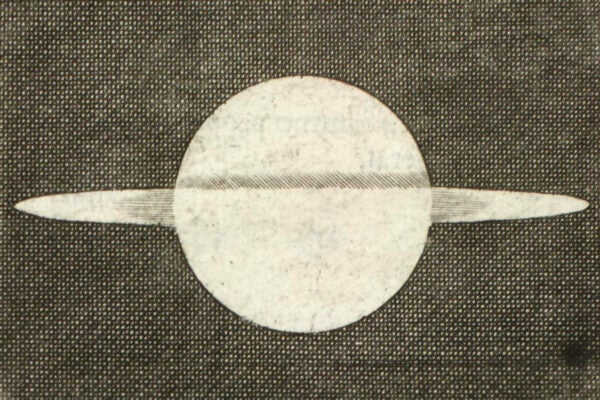Move over Igor, the first human head transplant is tentatively scheduled for 2017. The proposed recipient, a 30 year old computer coder, suffers from muscular atrophy. The donor will be clinically brain dead, but otherwise healthy. There are many questions about whether this plan is even remotely feasible, but, as outlandish as it sounds, head transplants have a surprisingly long history.
In the 1950s, Soviet scientist Vladimir Demikhov transplanted the head of one dog onto the body of another, resulting in a two-headed dog. This was replicating an experiment conducted by C.C. Guthrie in 1908. In 1965, Dr. Robert White of Cleveland, Ohio, not to be outdone, transplanted the brain of one dog into another dog. But one brain wasn’t switched for the other; White inserted the donor dog’s brain into a space in the other dog’s neck, surgically giving it two brains. The second brain did not function as a brain, but it did survive—as did the host dog—for up to 5 days before it was removed. The purpose of the experiment was to learn about the brain’s functions once it’s removed from its natural physiological mechanisms.
Nevertheless, having exhausted the possibility of a two-headed dog, White moved on to transplant monkey heads using an updated version of Demikhov’s procedure. After transplantation, both monkey heads remained alert, able to process sensory information and react to events. It took a large, round-the clock-team and a lot of money to keep each two-headed monkey alive, and out of ten transplants, the longest any of the recipient monkeys lived was 36 hours. As with the dogs, White was very clear that the experiment was not performed with human head transplants in mind.
Weekly Digest
The results of these experiments, however, do not naturally assume the successful possibility of a human head transplant. At least not yet. For one thing, the host body has to survive without a head long enough for the new head to be attached, a feat yet to be accomplished. Medical ethicists have also raised concerns, citing the tricky ethics of organ donation and the high risk for the patients involved.







